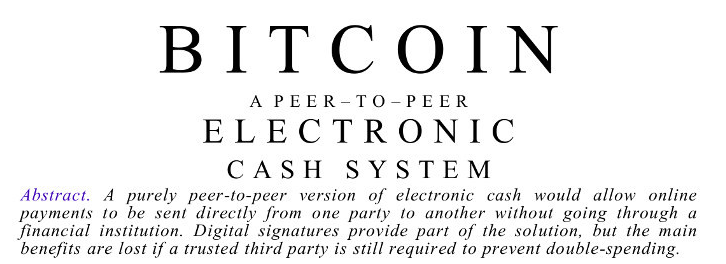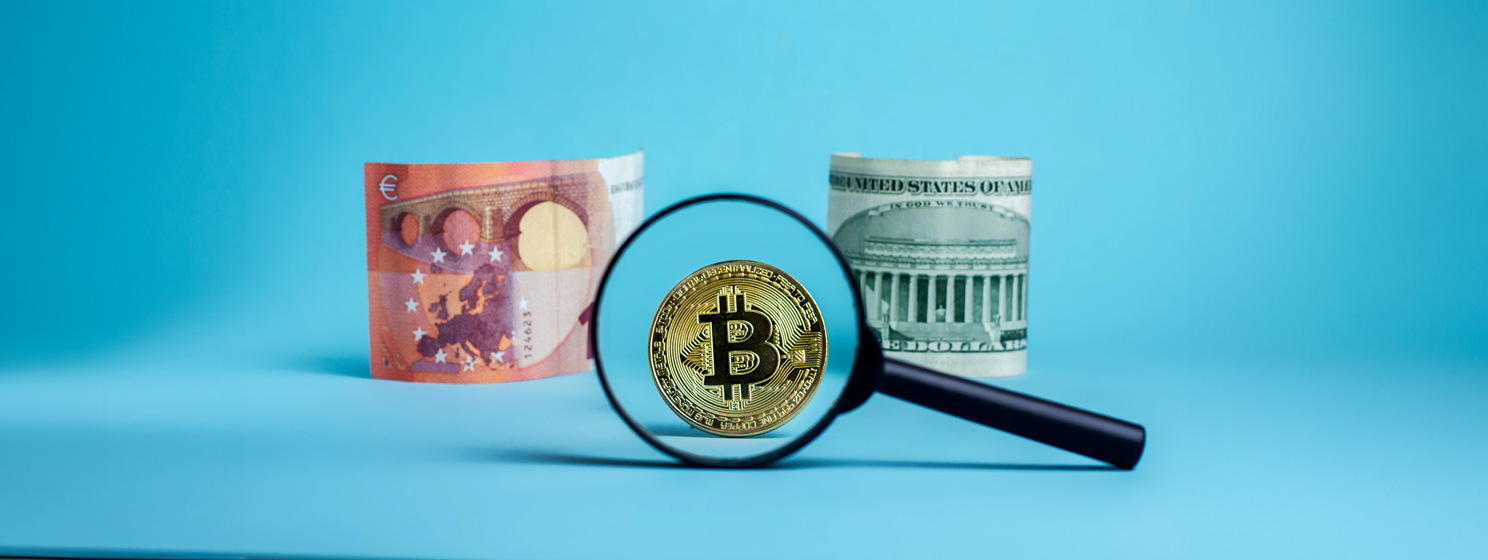|
Getting your Trinity Audio player ready...
|
In early January, Thai Prime Minister Pichai Chunhavajira announced a pilot program allowing foreign tourists in Phuket to use digital currencies for payments.
The deputy PM announced the program at a seminar organized by the Marketing Association of Thailand. The aim is to make paying for large purchases like houses easier and to boost the local economy.
Chunhavajira specifically mentioned how those who fled the war in Ukraine and settled in Phuket could use BTC to buy a house. The process would involve registering with an approved Thai exchange, verifying their identity, and then moving the digital currency to a clearing house for conversion into Thai Baht.
“Those who fled the Russia-Ukraine war and settled in Phuket might find it difficult to obtain 50 million baht to purchase a house. However, paying with Bitcoin could be a much simpler process,” Thai Prime Minister Chunhavajira said.
No new laws will be required before the pilot program launches. Everything will operate within the existing legal framework, making it simple and easy to use Bitcoin and other digital currencies as cash in Phuket.
Is the original purpose making a comeback?
Those who have been involved in Bitcoin for a long time know the digital gold narrative is relatively new. Bitcoin was always supposed to be a peer-to-peer electronic cash system, as the excerpt of the white paper makes abundantly clear.

Of course, thanks to radical and irreversible changes made to BTC by Blockstream, BTC transactions are limited to the type of large purchases mentioned by the Thai Deputy PM. Phuket tourists will be reluctant to pay for meals out and beers with BTC unless they know how to make their way through the convoluted mess known as the Lightning Network.
While BTC will do fine for large purchases like houses, the Thai government should also pilot BSV, making small, casual transactions like paying for a beer or a meal out possible. Thai citizens would also benefit from using a powerful micropayment system.
In any case, it’s great to see Bitcoin being used for its original purpose—payments. If the Phuket pilot is successful, hopefully, it will be rolled out nationwide and further afield across Southeast Asia and elsewhere. As the idea of using digital currencies rather than holding them for fiat gains takes root, the most efficient systems will begin to shine.
Sooner or later, governments and their citizens will discover how transparent, low-fee peer-to-peer payments can boost their economies, reduce fraud, and unleash new business models and possibilities. Pilots like these will get us there, one at a time!
Watch: New age of payment solutions

 03-01-2026
03-01-2026 




